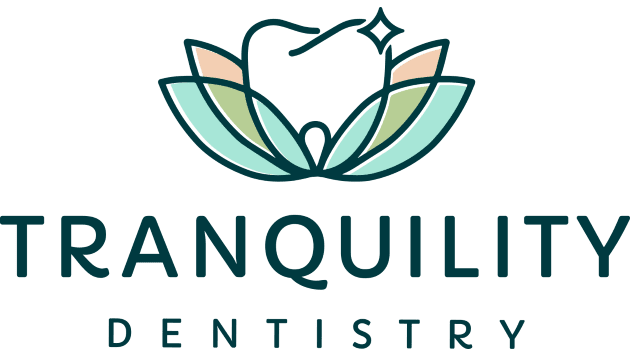
Exploring the Vital Role of Nutrition in Dental Health
Nourishing Smiles Through Nutrition
When we think about dental health, brushing, flossing, and regular dental check-ups often come to mind. However, one crucial aspect that is sometimes overlooked is nutrition. What we eat not only affects our overall health but also plays a significant role in the health of our teeth and gums. In this blog, we’ll delve into the importance of nutrition in dental health and explore how making informed dietary choices can contribute to a radiant smile and strong oral hygiene.
1. The Building Blocks of Dental Health
Just as a balanced diet is essential for overall well-being, it is equally important for maintaining optimal dental health. Nutrients such as calcium, phosphorus, vitamin D, and vitamin C are particularly beneficial for teeth and gums. Calcium and phosphorus are essential for remineralising tooth enamel and keeping teeth strong, while vitamin D helps the body absorb calcium for bone health, including teeth. Vitamin C is crucial for collagen production, which supports gum tissue integrity and wound healing.
2. The Impact of Sugary and Acidic Foods
While certain nutrients promote dental health, others can have detrimental effects. Sugary and acidic foods and beverages, such as chocolate and lollies, soft drinks, and citrus fruits, can contribute to tooth decay and erosion. When sugars and acids interact with bacteria in the mouth, they produce acids that attack tooth enamel, leading to cavities and sensitivity. Limiting consumption of these harmful substances and practicing good oral hygiene can help mitigate their effects on dental health.
3. The Importance of Hydration
Staying hydrated is not only crucial for overall health but also plays a role in dental health. Water helps rinse away food particles and bacteria, reducing the risk of cavities and bad breath. Additionally, drinking fluoridated water can provide extra protection against tooth decay by strengthening enamel. Opting for water over sugary drinks not only benefits dental health but also contributes to overall hydration and well-being.
4. Nutrition and Gum Disease Prevention
Gum disease, also known as periodontal disease, is a common yet preventable condition that affects the tissues surrounding and supporting the teeth. A diet rich in fruits, vegetables, and whole grains can help prevent gum disease by providing essential nutrients and antioxidants that support gum health and immune function. On the other hand, a diet high in processed foods, sugars, and unhealthy fats can increase inflammation and susceptibility to gum disease.
5. Practical Tips for Promoting Dental Health Through Nutrition
Incorporating nutritious foods into your diet is key to promoting dental health. Here are some practical tips to enhance your oral hygiene through nutrition:
-
- Eat a balanced diet rich in fruits, vegetables, lean proteins, and whole grains.
- Limit consumption of sugary and acidic foods and beverages, opting for water or fluoridated drinks instead.
- Include calcium-rich foods such as dairy products, leafy greens, and almonds to support tooth enamel strength.
- Choose crunchy fruits and vegetables like apples, carrots, and celery, which can help clean teeth and stimulate saliva production.
Nutrition plays a vital role in dental health, influencing the strength of teeth and gums, susceptibility to decay and disease, and overall oral hygiene. By making informed dietary choices and prioritising nutrient-rich foods, individuals can nourish their smiles from the inside out. Remember, a healthy diet not only benefits your body but also contributes to a radiant smile and lifelong dental wellness.
